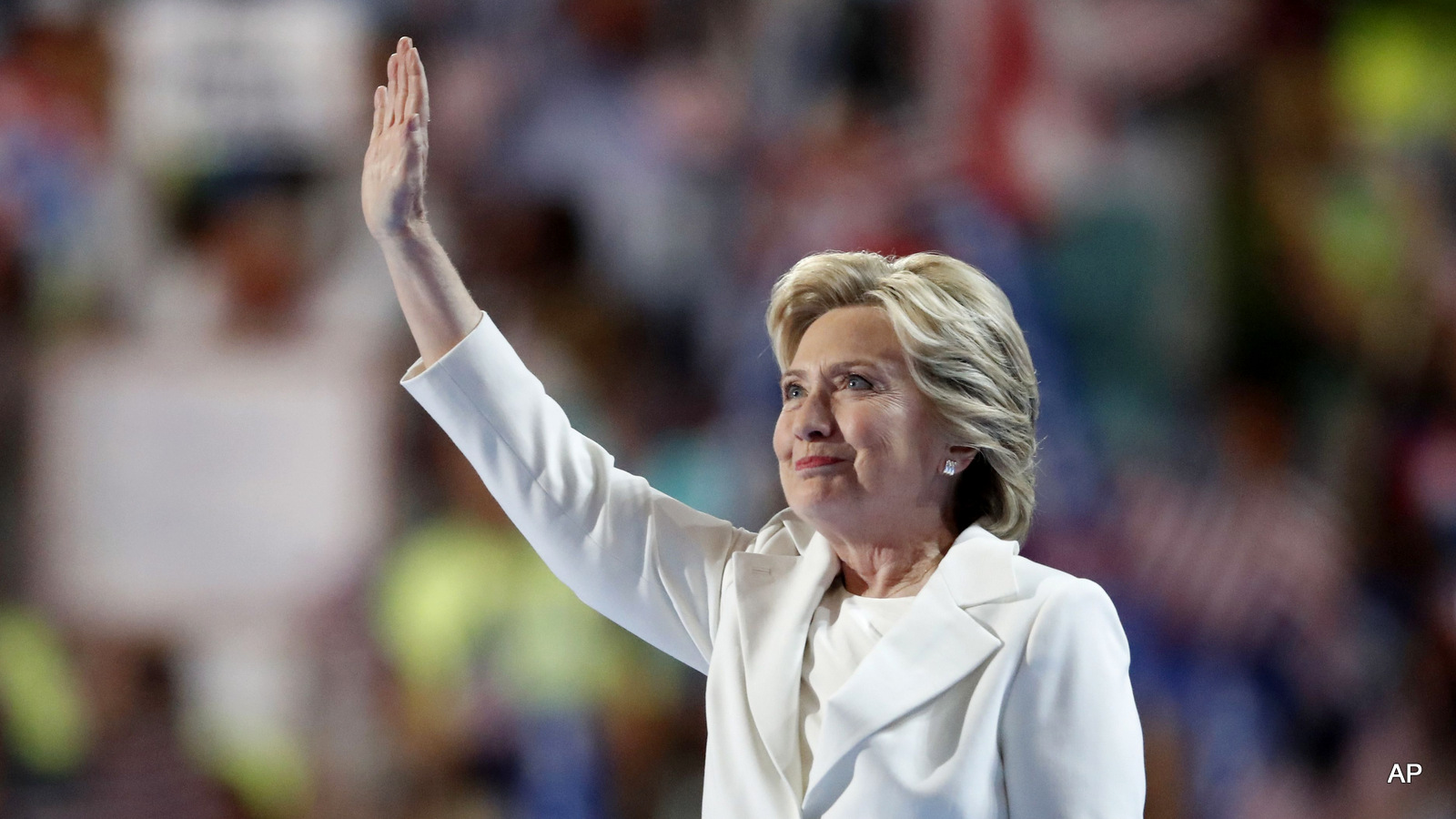
WikiLeaks has arguably been the most important thing that has happened to elections, if not the veneer of democracy, in quite a long time. We’ve been able to see the true side of politicians and bureaucrats like never before.
In Hillary Clinton, we see a figure beholden to Wall St., working diligently to advance the influence of financial corporations over government policy and taxpayer money. Her mega-donor list is a who’s who of megabanks that also happened to benefit from the TARP government bailout.
In return for their money, Clinton gave speeches to Wall St. giants behind closed doors between 2013 and 2015. She told Goldman Sachs she was “far removed” from ordinary people and that “you need both a public and a private position.”
Clinton has vacillated terribly on the issue of the Trans-Pacific Partnership (TPP), which is a gift to her donors but very unpopular to Americans who see it for the fleecing it is. She was for TPP before she was against it – a familiar descriptive.
As Bernie Sanders pointed out during the primary – where he was efficiently neutralized by the establishment – the only thing we know about Clinton is that she will be on the side of Wall St.
If Clinton supporters believe she will do anything about government’s war on cannabis, they should think again.
The good people at Marijuana.com have been studying the leaked emails, and during one of those Wall St. speeches, Clinton expressed a clear opposition to cannabis legalization.
During an on-stage Q & A session with Xerox’s chairman and CEO in March 2014, Clinton used Wall Street terminology to express her opposition to ending cannabis prohibition “in all senses of the word”:URSULA BURNS: So long means thumbs up, short means thumbs down; or long means I support, short means I don’t. I’m going to start with — I’m going to give you about ten long-shorts.
SECRETARY CLINTON: Even if you could make money on a short, you can’t answer short.
URSULA BURNS: You can answer short, but you got to be careful about letting anybody else know that. They will bet against you. So legalization of pot?
SECRETARY CLINTON: Short in all senses of the word.
The exchange with Burns is part of an 80-page document containing the emails of John Podesta, her campaign manager. Campaign staffers have been working diligently to try and scrub embarrassing parts of the speeches, and this was one of them.
That the campaign flagged the candidate’s opposition to legalization as a potential problem demonstrates a growing understanding by political operatives that marijuana law reform is now a mainstream issue, one which is supported by a majority of Americans and a supermajority of Democratic primary voters.
As with so many other issues, it’s hard to tell from Clinton’s public statements exactly where she stands – unlike Sanders, who openly supports legalization and even introduced a bill to end federal prohibition.
Since that exchange with Burns in 2014, Clinton has acknowledged the medical value of cannabis and indicated she would let states do their own thing, and even said cannabis should be rescheduled under the Controlled Substances Act.
However, she adopts a ‘cover your ass’ approach by saying “I don’t think we’ve done enough research yet” and “I want to wait and see” what happens in states with recreational legalization.
This is not in line with the truth becoming exponentially obvious – that denying medical cannabis to suffering patients is a criminal act, and prohibiting a plant that people have used for thousands of years is oppression.
Clinton had no problem making it clear to a Wall St. corporation that she is against legalization, but why?
Perhaps because the pharmaceutical industry is a major part of Wall St., and they are desperately fighting ballot initiatives to legalize cannabis in several states, as it represents a direct threat to their profits.

